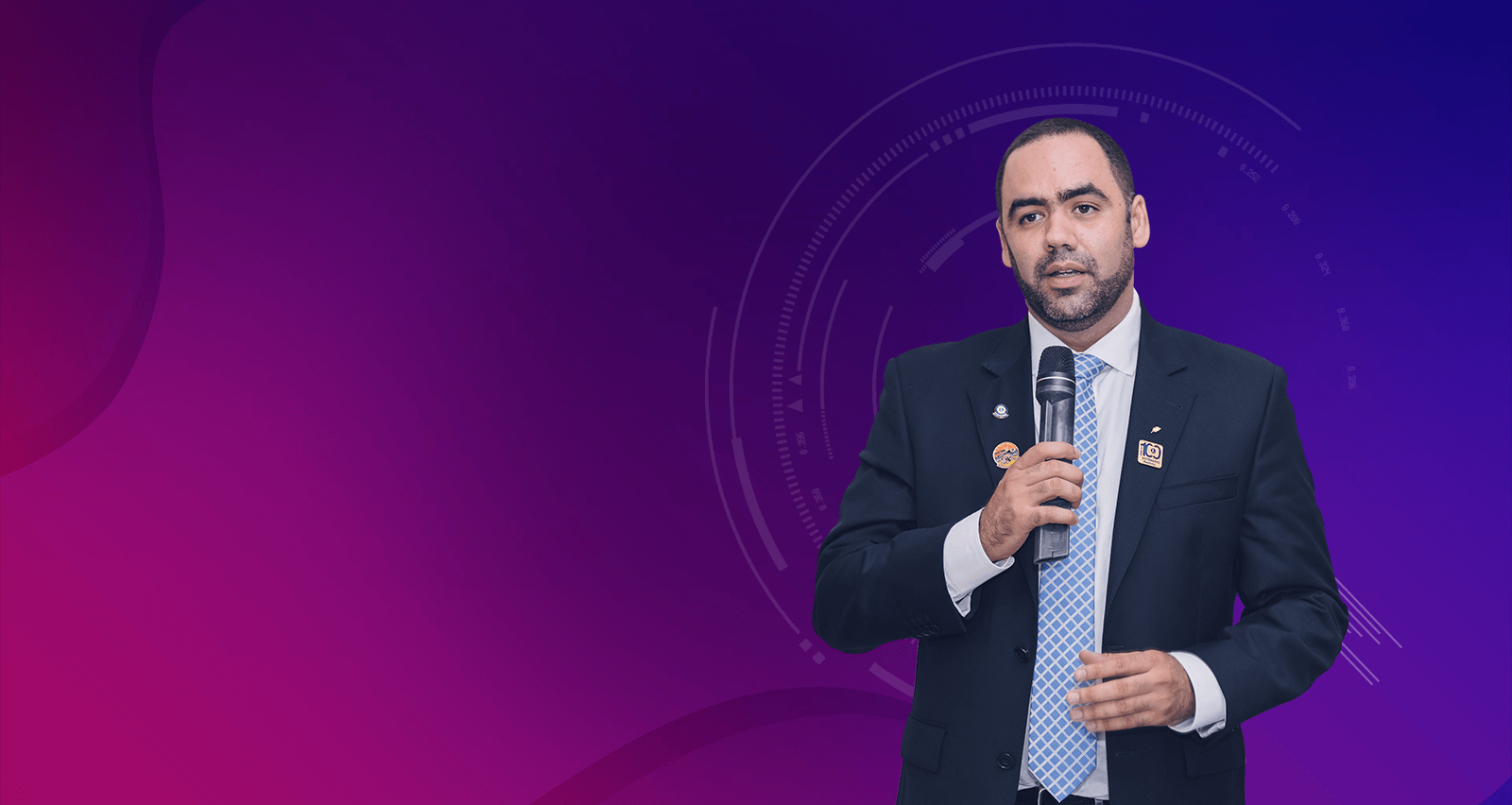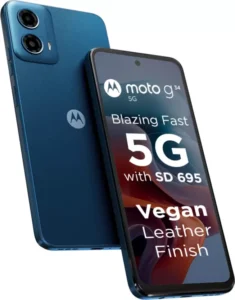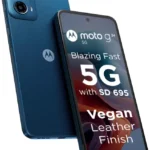Welcome to the World of Imagination
Get your financial losses covered for online transaction frauds on all bank accounts, credit/ debit cards, mobile wallets. Covers scam calls, OTP SMS frauds, UPI, netbanking, Cyber Attacks, Sim-swapping, Phishing, Spoofing, and more.

Search Engine Optimization (SEO) is a comprehensive digital marketing strategy aimed at enhancing a website’s visibility on search engine results pages (SERPs). The primary objective is to optimize various elements of a website to align with search engine algorithms, thereby improving its ranking and attracting organic traffic. SEO involves a multifaceted approach, encompassing both on-page and off-page optimization techniques to create a seamless and user-friendly experience.

Content marketing is a method of marketing which includes creating and sharing online content. This content reads as if it is human-written. It doesn’t only promote a brand, but rather is designed to attract its audience to visit a brand’s website. Brand awareness can be increased by using storytelling and sharing information.
Social Media Marketing (SMM) is a dynamic and impactful digital marketing strategy that leverages social media platforms to promote brands, products, or services. It involves creating and sharing content on social media networks to engage audiences, build brand awareness, and achieve marketing goals. SMM utilizes the unique features of each platform to connect with target audiences and foster meaningful interactions.

Search Engine Optimization (SEO) is a comprehensive digital marketing strategy aimed at enhancing a website’s visibility on search engine results pages (SERPs). The primary objective is to optimize various elements of a website to align with search engine algorithms, thereby improving its ranking and attracting organic traffic. SEO involves a multifaceted approach, encompassing both on-page and off-page optimization techniques to create a seamless and user-friendly experience.

Content marketing is a method of marketing which includes creating and sharing online content. This content reads as if it is human-written. It doesn’t only promote a brand, but rather is designed to attract its audience to visit a brand’s website. Brand awareness can be increased by using storytelling and sharing information.
Social Media Marketing (SMM) is a dynamic and impactful digital marketing strategy that leverages social media platforms to promote brands, products, or services. It involves creating and sharing content on social media networks to engage audiences, build brand awareness, and achieve marketing goals. SMM utilizes the unique features of each platform to connect with target audiences and foster meaningful interactions.

Search Engine Optimization (SEO) is a comprehensive digital marketing strategy aimed at enhancing a website’s visibility on search engine results pages (SERPs). The primary objective is to optimize various elements of a website to align with search engine algorithms, thereby improving its ranking and attracting organic traffic. SEO involves a multifaceted approach, encompassing both on-page and off-page optimization techniques to create a seamless and user-friendly experience.

Content marketing is a method of marketing which includes creating and sharing online content. This content reads as if it is human-written. It doesn’t only promote a brand, but rather is designed to attract its audience to visit a brand’s website. Brand awareness can be increased by using storytelling and sharing information.
Social Media Marketing (SMM) is a dynamic and impactful digital marketing strategy that leverages social media platforms to promote brands, products, or services. It involves creating and sharing content on social media networks to engage audiences, build brand awareness, and achieve marketing goals. SMM utilizes the unique features of each platform to connect with target audiences and foster meaningful interactions.
⇒Social Media Advertising: Paid advertising on social media platforms allows businesses to target specific demographics, interests, and behaviours. Ad formats vary across platforms and can include image ads, video ads, carousel ads, and sponsored content.
⇒Community Engagement: Building a community around the brand involves interacting with followers, responding to comments and messages, and participating in conversations. This helps in creating a loyal customer base and fostering a positive brand image.
⇒Influencer Marketing: Collaborating with influencers can amplify the reach of a brand. Influencers, with a substantial following, promote products or services to their audience, providing a trusted and authentic endorsement.
⇒Analytics and Monitoring: Monitoring social media metrics is essential to measure the effectiveness of campaigns. Analytics tools track engagement, reach, conversions, and other key performance indicators, enabling data-driven decision-making.






-
Sale!

MOTOROLA G34 5G
Rated 0 out of 5Highlights 4 GB RAM | 128 GB ROM 16.51 cm...
₹13,999.00Original price was: ₹13,999.00.₹10,999.00Current price is: ₹10,999.00. -
Sale!

MOTOROLA Edge 40 Neo
Rated 0 out of 5General In The Box Handset, TurboPower 68W Charger, Sim Tool,...
₹27,999.00Original price was: ₹27,999.00.₹22,999.00Current price is: ₹22,999.00.
- Search Engine Optimization (SEO)
- Content Marketing
- Social Media Marketing
- Email Marketing
- Marketing Automation
- Influencer Marketing
Search Engine Optimization (SEO) is a comprehensive digital marketing strategy aimed at enhancing a website’s visibility on search engine results pages (SERPs). The primary objective is to optimize various elements of a website to align with search engine algorithms, thereby improving its ranking and attracting organic traffic. SEO involves a multifaceted approach, encompassing both on-page and off-page optimization techniques to create a seamless and user-friendly experience.
⇒On-Page Optimization:
This aspect involves refining elements directly on the website, including meta tags, headings, content, and multimedia elements. Keyword optimization is crucial, ensuring that the content aligns with the targeted search queries. Additionally, improving website navigation, enhancing page load speed, and optimizing mobile responsiveness contribute to a positive user experience.
⇒Off-Page Optimization:
Off-page optimization focuses on building the website’s authority and credibility through external factors. This includes acquiring high-quality backlinks from reputable websites, social media engagement, and the creation of shareable content. Establishing a robust online presence beyond the website is vital for search engines to perceive the site as valuable and relevant.
⇒Technical SEO:
Technical SEO involves optimizing the website’s infrastructure and backend elements to facilitate search engine crawling and indexing. This includes improving website speed, fixing crawl errors, implementing schema markup, and ensuring proper site architecture.
⇒Local SEO:
For businesses targeting local audiences, local SEO is crucial. This involves optimizing the website for location-based searches, managing online reviews, and ensuring consistent business information across various online platforms.
Content Marketing: Unleashing the Power of Strategic Storytelling
Content marketing is a method of marketing which includes creating and sharing online content. This content reads as if it is human-written. It doesn’t only promote a brand, but rather is designed to attract its audience to visit a brand’s website. Brand awareness can be increased by using storytelling and sharing information.
The goal is to get the readers to take a step toward becoming a customer by requesting more information, signing up or making a purchase. This content reads as if it is human-written. Generally, content marketing is about offering benefits to the consumer rather than only marketing a brand. This content reads as if it is human-written. Content marketing can include blog posts, white papers, digital books, podcasts, digital videos, etc. This content reads as if it is human-written. With content marketing, you can build a sustainable relationship with your clients which can lead to numerous sales over time.
The key components of an effective content marketing strategy include:
⇒Understanding the Audience: Successful content marketing begins with a deep understanding of the target audience’s preferences, needs, and pain points. This insight helps in creating content that resonates with the audience on a personal level.
⇒Strategic Content Creation: Content comes in various forms, including blog posts, articles, infographics, videos, podcasts, and more. The strategic selection of content types ensures that the message is delivered in the most impactful and engaging manner.
⇒SEO Integration: Content marketing and search engine optimization (SEO) go hand in hand. By incorporating relevant keywords and optimizing content for search engines, businesses can enhance their online visibility, driving organic traffic to their platforms.
⇒Consistent Brand Messaging: Maintaining a consistent brand voice and messaging across all content channels helps in establishing brand identity and fostering recognition among the target audience.
⇒Data-Driven Approach: Analysing performance metrics and user data is crucial for refining and optimizing content strategies. It allows businesses to identify what works well, understand audience behaviour, and make data-driven decisions for continuous improvement.
Unleashing Digital Potential: Elevate Your Brand with DigiTechGenie’s Premier Social Media Marketing Services.
Social Media Marketing (SMM) is a dynamic and impactful digital marketing strategy that leverages social media platforms to promote brands, products, or services. It involves creating and sharing content on social media networks to engage audiences, build brand awareness, and achieve marketing goals. SMM utilizes the unique features of each platform to connect with target audiences and foster meaningful interactions.
Key Components of Social Media Marketing:
⇒Content Creation: Engaging and shareable content is at the core of SMM. This includes images, videos, infographics, and text-based posts designed to resonate with the target audience. Content should be relevant, informative, and aligned with the brand’s identity.
⇒Social Media Advertising: Paid advertising on social media platforms allows businesses to target specific demographics, interests, and behaviours. Ad formats vary across platforms and can include image ads, video ads, carousel ads, and sponsored content.
⇒Community Engagement: Building a community around the brand involves interacting with followers, responding to comments and messages, and participating in conversations. This helps in creating a loyal customer base and fostering a positive brand image.
⇒Influencer Marketing: Collaborating with influencers can amplify the reach of a brand. Influencers, with a substantial following, promote products or services to their audience, providing a trusted and authentic endorsement.
⇒Analytics and Monitoring: Monitoring social media metrics is essential to measure the effectiveness of campaigns. Analytics tools track engagement, reach, conversions, and other key performance indicators, enabling data-driven decision-making.
Email Marketing: Unlocking Direct Engagement
Email Marketing is a powerful digital marketing strategy cantered around leveraging the communication potential of email to reach, engage, and nurture a targeted audience. This method involves sending emails to a group of individuals with the aim of promoting products, services, or building relationships. Whether it’s a promotional campaign, newsletters, or personalized content delivery, email marketing serves as a direct and cost-effective channel to connect with customers.
Key Components of Email Marketing:
⇒List Building: Creating and growing a subscriber list is foundational. This involves obtaining permission from individuals to send them emails. Lists can be segmented based on demographics, behaviours, or preferences for more targeted communication.
⇒Content Creation: Crafting compelling and relevant content is crucial. This includes designing visually appealing emails, writing engaging copy, and incorporating multimedia elements to capture the audience’s attention.
⇒Personalization: Personalized emails, addressing recipients by their names and tailoring content based on their preferences, enhance engagement. Personalization fosters a sense of connection and relevance.
⇒Automation: Automation streamlines the process by allowing the creation of predefined email sequences triggered by specific actions or timelines. Automated campaigns are efficient for delivering timely and targeted messages.
⇒Analytics and Reporting: Measuring the success of email campaigns is essential. Analytics tools track metrics such as open rates, click-through rates, conversion rates, and more, providing insights to refine future strategies.
Marketing Automation: Unleashing Efficiency with DigiTechGenie
In the dynamic realm of digital marketing, managing repetitive tasks, nurturing leads, and delivering personalized content to the right audience can be a complex endeavour. Marketing automation emerges as a transformative solution, streamlining processes and amplifying the impact of your marketing efforts. At DigiTechGenie, we specialize in providing cutting-edge and affordable marketing automation services to empower businesses of all sizes.
Key Components of Marketing Automation:
Lead Management: Efficiently capture, track, and nurture leads throughout the customer journey. Marketing automation allows for the segmentation of leads based on behaviour, demographics, and other criteria, ensuring targeted and personalized communication.
Email Marketing Automation: Elevate your email campaigns with automated workflows that deliver the right message at the right time. From welcome emails to personalized drip campaigns, we design and implement strategies that maximize engagement and conversions.
Social Media Automation: Streamline social media management by scheduling posts, monitoring engagement, and analysing performance—all from a centralized platform. We integrate automation tools to enhance your social media presence and drive audience interaction.
Campaign Analytics: Gain valuable insights into the performance of your campaigns. Marketing automation tools provide detailed analytics, allowing you to measure key performance indicators, track customer behaviour, and refine strategies for optimal results.
Personalization: Delivering tailored content to individual users is a cornerstone of effective marketing. Our automation strategies leverage data to personalize interactions, fostering a deeper connection between your brand and your audience.
Influencer Marketing: Crafting Authentic Connections with DigiTechGenie
In the ever-evolving landscape of digital marketing, brands are increasingly turning to influencer marketing as a powerful strategy to connect with their target audience authentically. At DigiTechGenie, we specialize in delivering innovative and affordable influencer marketing services, harnessing the potential of influencers to elevate your brand’s visibility and credibility.
Key Components of Influencer Marketing:
Strategic Partnership: Identifying the right influencers for your brand is crucial. We conduct thorough research to align your business with influencers whose values, niche, and audience resonate with your brand identity.
Campaign Planning: Crafting compelling influencer marketing campaigns requires a strategic approach. We collaborate with influencers to design campaigns that seamlessly integrate your brand message into their authentic content.
Content Creation: Influencers possess a unique ability to create engaging and relatable content. We facilitate the content creation process, ensuring that influencers produce content that aligns with your brand guidelines while maintaining their authentic voice.
Audience Engagement: Leveraging the influencer’s existing audience is a cornerstone of effective influencer marketing. We optimize campaigns for maximum engagement, encouraging audience interaction and fostering a genuine connection between your brand and consumers.
Measurement and Analytics: Transparent and measurable results are paramount. DigiTechGenie employs robust analytics tools to track the performance of influencer campaigns, providing actionable insights into reach, engagement, and conversion metrics.
















